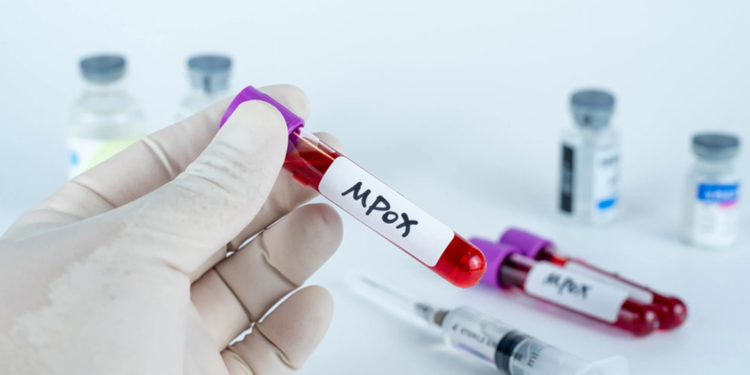Kenya has reported its first death from the ongoing Mpox outbreak, as the number of confirmed cases rises to 13, according to the Ministry of Health. Mary Muthoni, the ministry’s principal secretary, confirmed the figures in an update from Nairobi, revealing that the cases were identified from 238 samples tested nationwide.
Of the 13 cases, eight patients have recovered and been discharged, while four remain in hospital undergoing treatment. Muthoni noted that the patient who died had an underlying health condition, underscoring the risks the virus poses to vulnerable individuals.
In response to the outbreak, Kenya has ramped up its efforts to curb the spread of Mpox. “More than 1.33 million travellers have been screened at 26 points of entry,” Muthoni said, highlighting the country’s ongoing efforts to prevent the virus from spreading further.
Kenya’s response to the outbreak received a major boost with the arrival of critical diagnostic equipment. Health Cabinet Secretary Dr. Deborah Barasa accepted a donation of 28 PCR diagnostic kits from USAID, provided through the World Health Organization (WHO). These kits, capable of testing nearly 2,700 samples, were delivered alongside essential medical supplies such as viral transport media and swabs.
“This timely support comes as our nation grapples with an ongoing Mpox outbreak,” Dr. Barasa said, adding that the new testing capacity will help Kenya respond more effectively to the crisis. The USAID also allocated $500,000 to WHO Kenya to further support the country’s Mpox response.
The WHO has played a key role in strengthening Kenya’s preparedness, helping to develop a national Mpox response plan that targets 14 high-risk counties. WHO Representative in Kenya, Abdourahman Diallo, stressed the importance of the diagnostic kits in bolstering Kenya’s ability to manage the outbreak.
Looking ahead, Dr. Barasa called for increased investment in Kenya’s laboratory infrastructure. She stressed the need for advanced facilities, including Biosafety Level 3 laboratories, to handle high-risk pathogens. “Emerging threats such as the Marburg virus highlight the importance of proactive measures,” she said, calling for continued support to safeguard public health in the future.
















